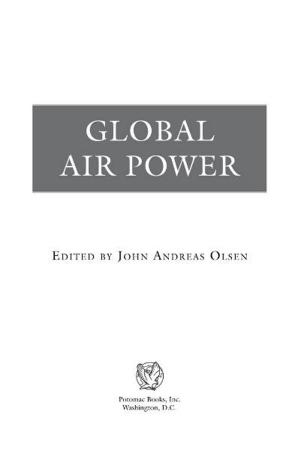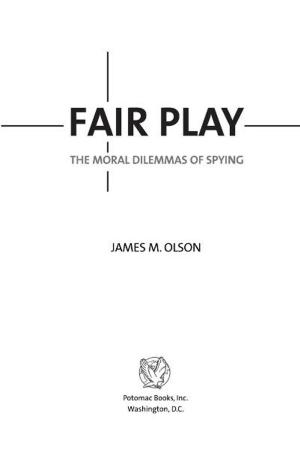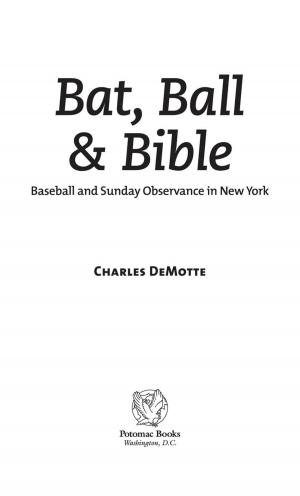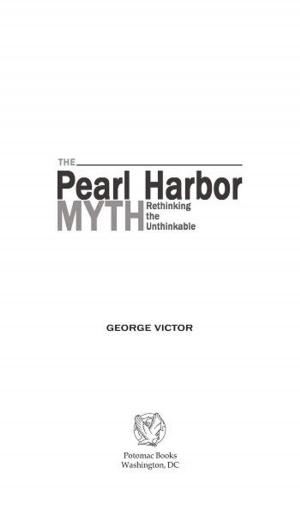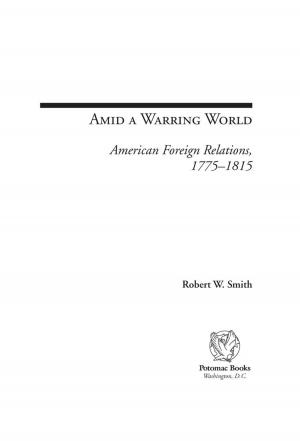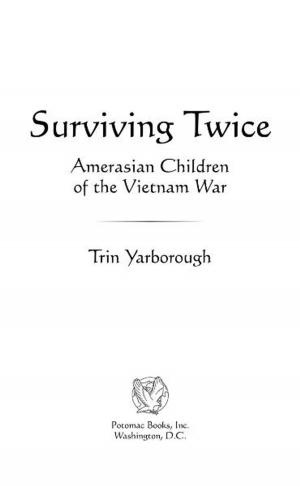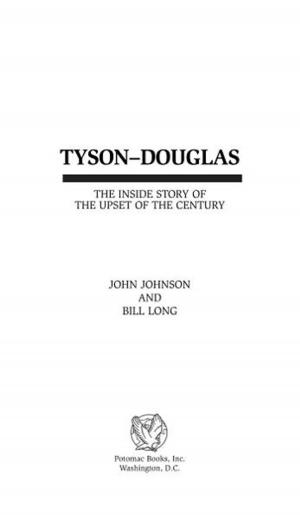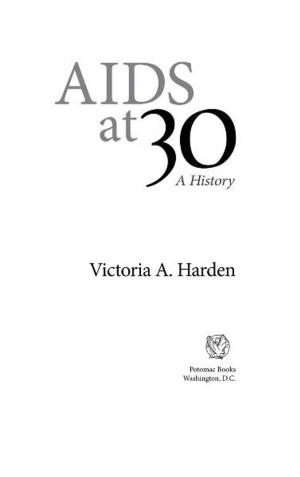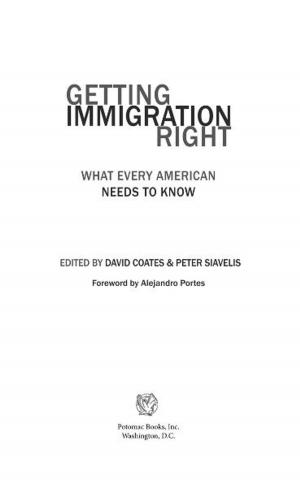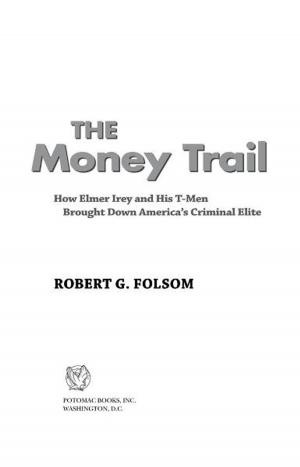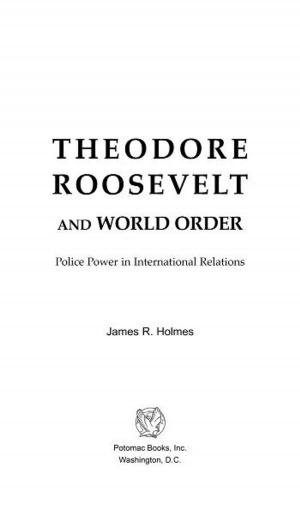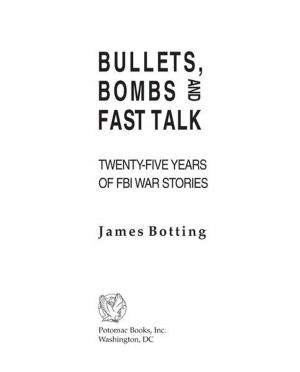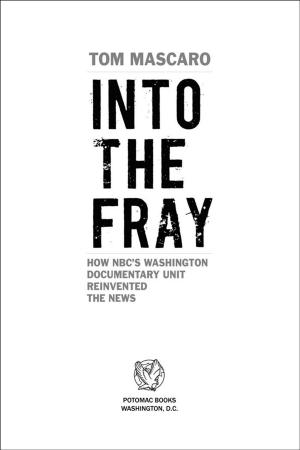Dismantling the West
Nonfiction, Social & Cultural Studies, Political Science, International, International Security, History, Asian, Russia, International Relations| Author: | Janusz Bugajski | ISBN: | 9781597976398 |
| Publisher: | Potomac Books Inc. | Publication: | October 31, 2009 |
| Imprint: | Potomac Books Inc. | Language: | English |
| Author: | Janusz Bugajski |
| ISBN: | 9781597976398 |
| Publisher: | Potomac Books Inc. |
| Publication: | October 31, 2009 |
| Imprint: | Potomac Books Inc. |
| Language: | English |
As the Russian invasion of Georgia in August 2008 demonstrated in no uncertain terms, Russia has developed into a neo-imperialist power seeking to restore its spheres of dominance, to undermine the emergence of a wider Europe, and to prevent the development of a coherent transatlantic community. Under the Vladimir Putin and Dmitri Medvedev presidencies, the Russian Federation has set for itself an ambitious foreign policy goal of counterbalancing U.S. influence and curtailing the expansion of Western multinational institutions. This strategys key component is to raise Russias global stature and to diminish Americas role by undermining the NATO alliance and neutralizing the European Union. The Georgian conflict demonstrates that Moscow is prepared to use military force to achieve its strategic objectives.
Janusz Bugajski explores how the Russian authorities have systematically sought to undermine Western interests through sustained diplomatic campaigns, increasing control over energy supplies, escalating political subversion, and the recent military campaign in the Caucasus. He provides evidence that the notion of a strategic partnership between Washington and Moscow is premature at best and a dangerous deception at worst. The struggle between the Western democratic model and the Russian authoritarian alternative will have a lasting impact on Americas global alliances.
Janusz Bugajski explores how the Russian authorities have systematically sought to undermine Western interests through sustained diplomatic campaigns, increasing control over energy supplies, escalating political subversion, and the recent military campaign in the Caucasus. He provides evidence that the notion of a strategic partnership between Washington and Moscow is premature at best and a dangerous deception at worst. The struggle between the Western democratic model and the Russian authoritarian alternative will have a lasting impact on Americas global alliances.
As the Russian invasion of Georgia in August 2008 demonstrated in no uncertain terms, Russia has developed into a neo-imperialist power seeking to restore its spheres of dominance, to undermine the emergence of a wider Europe, and to prevent the development of a coherent transatlantic community. Under the Vladimir Putin and Dmitri Medvedev presidencies, the Russian Federation has set for itself an ambitious foreign policy goal of counterbalancing U.S. influence and curtailing the expansion of Western multinational institutions. This strategys key component is to raise Russias global stature and to diminish Americas role by undermining the NATO alliance and neutralizing the European Union. The Georgian conflict demonstrates that Moscow is prepared to use military force to achieve its strategic objectives.
Janusz Bugajski explores how the Russian authorities have systematically sought to undermine Western interests through sustained diplomatic campaigns, increasing control over energy supplies, escalating political subversion, and the recent military campaign in the Caucasus. He provides evidence that the notion of a strategic partnership between Washington and Moscow is premature at best and a dangerous deception at worst. The struggle between the Western democratic model and the Russian authoritarian alternative will have a lasting impact on Americas global alliances.
Janusz Bugajski explores how the Russian authorities have systematically sought to undermine Western interests through sustained diplomatic campaigns, increasing control over energy supplies, escalating political subversion, and the recent military campaign in the Caucasus. He provides evidence that the notion of a strategic partnership between Washington and Moscow is premature at best and a dangerous deception at worst. The struggle between the Western democratic model and the Russian authoritarian alternative will have a lasting impact on Americas global alliances.

